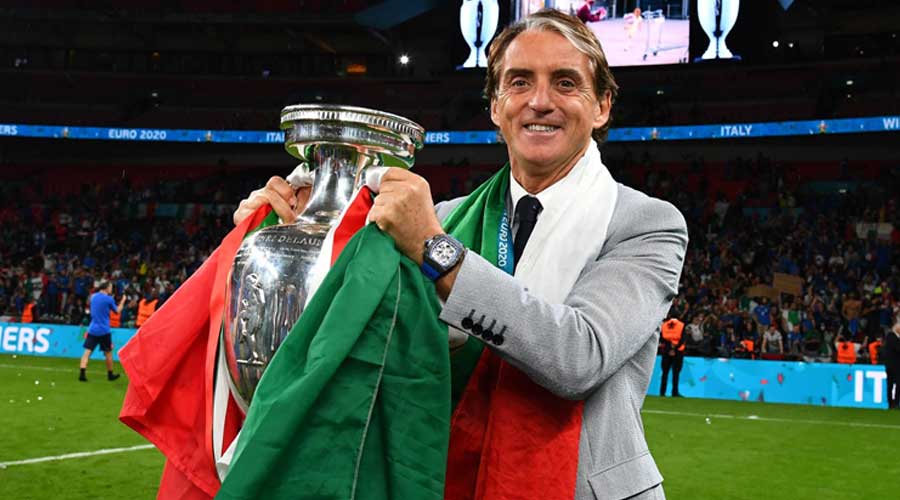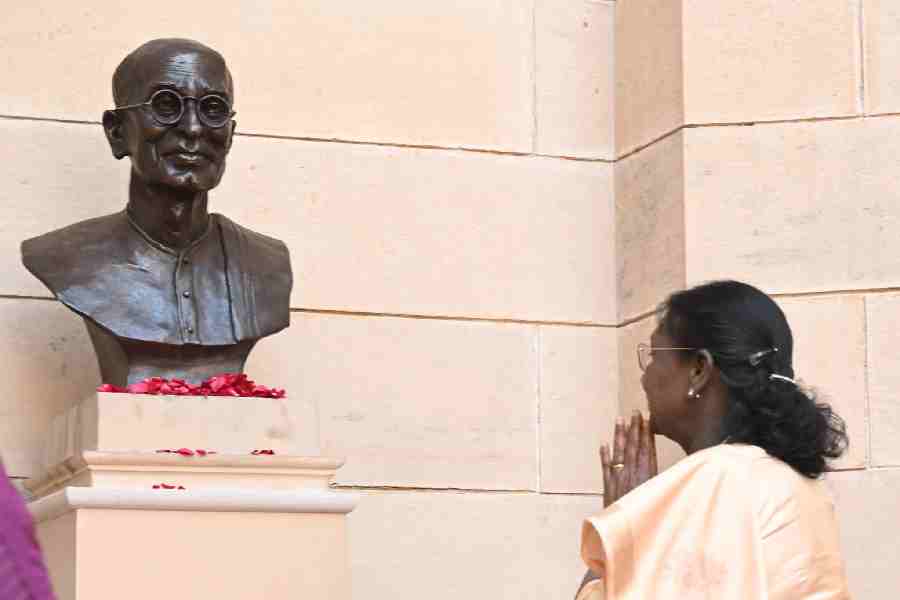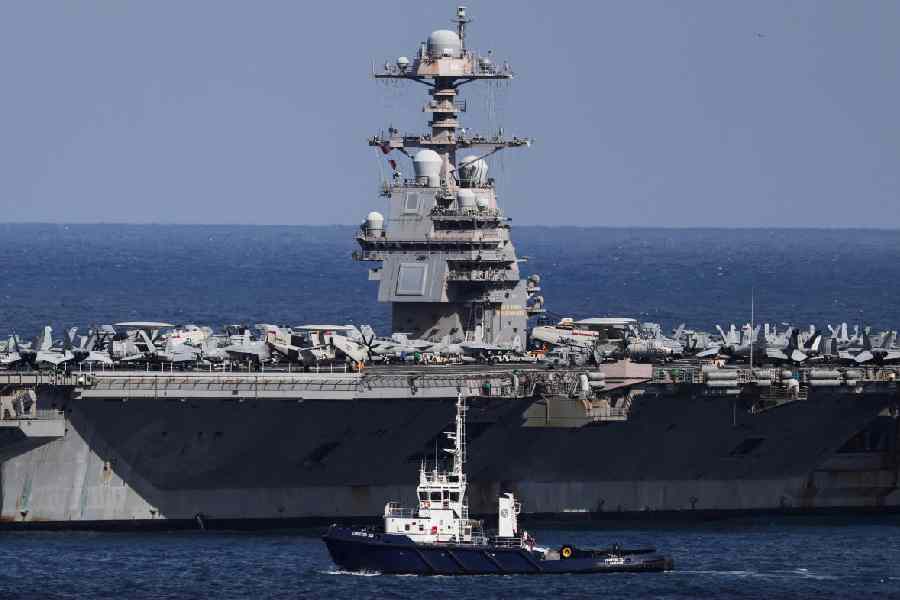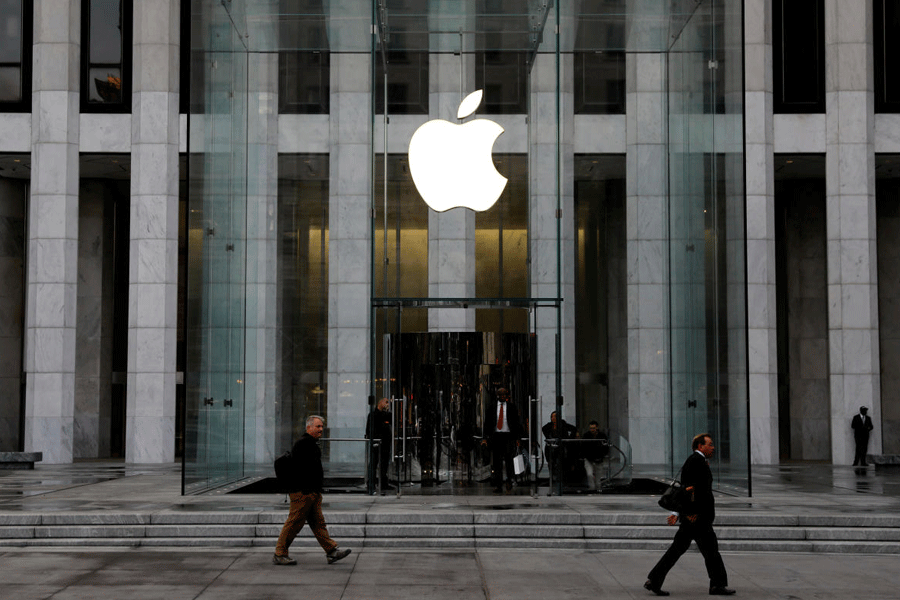As a player Roberto Mancini was never able to truly write himself into the history of the Italian national team but as a coach he will have a chapter entirely to himself.
To turn Italy from a shambolic team that failed to qualify for the World Cup into the European champions, in the space of just three years, is a remarkable achievement and Sunday’s win over England at Wembley showed just how key Mancini has been to the return of the Azzurri.
Of course, any victory on penalties, such as this one after the game ended 1-1 after extra-time, requires a degree of fortune but the 56-year-old did everything to give his team the opportunity to triumph.
On a night when his counterpart, Gareth Southgate, saw many of his decisions back-fire so painfully, Mancini got them right when it mattered most.
Asked about the tears he shed at full-time, Mancini said: “That was the emotion that happens after achieving something incredible, of seeing the guys celebrate, the fans celebrating in the stands.
“It was seeing all of the work we have put in over the last three years and specifically in the last 50 days, which have been very hard.
“We have got on very well, there have never been issues and the players deserve credit for that. Not just on the pitch, they did a brilliant job there, but I think it is the fact we have been able to forge this team spirit.
“They have created something that can never be separated going forward. They will always be synonymous with this triumph because they have so much respect for one another.”
He kept his team fresh with substitutions throughout the 120 minutes which impacted the game and turned it towards Italy after Luke Shaw had put England ahead in the second minute.
Italy had steadied themselves after that start, gradually quietening the raucous home crowd and ending the first half the stronger without over-stretching themselves.
Early in the second half, Mancini took the initiative by bringing on Bryan Cristante for Nicolo Barella in midfield and took out centre-forward Ciro Immobile for Domenico Berardi.
Berardi came on into the wide role with Lorenzo Insigne moved from the left into a more central, deeper position, and the switch made a big contribution to Italy dominating possession.
Cristante gave the new structure a more physical presence and higher energy level in central midfield — and that too helped Italy to compete for second balls.
How much better set-up were Italy? The numbers can sometimes be deceptive but on Sunday they were so emphatic as to be beyond dispute.
Overall, Italy had 61 per cent possession to England’s 39 per cent, at Wembley.
The Azzurri had 20 attempts on goal to England’s six and completed 758 passes to England’s 340.
Italy’s defensive prowess is well acknowledged and the back line led by Giorgio Chiellini stands in that fine tradition, but the fact that England managed just one shot on target — their goal in the second minute — speaks also of their structure and discipline.
Mancini wasn’t afraid to replace key starters later in the game to make sure they maintained momentum.
Southgate’s substitutions, or lack of them, will no doubt come under scrutiny but suffice to say, the England manager’s approach did not succeed in changing the drift of the game towards Mancini’s men.
There are the less measurable qualities that Mancini has instilled in this side — the grit and determination they showed to get past Spain in the semi-finals, also on penalties, was amply evident again.
Mancini is the first Italian coach to lead his side to the European crown since Ferruccio Valcareggi in 1968 and has done so on the back of a 34-match unbeaten run.
“We have completed a full circle,” said Mancini, when reflecting on his three-year turn-around.
Perhaps though, at the World Cup in Qatar next year, the journey might prove to be an even longer one.










